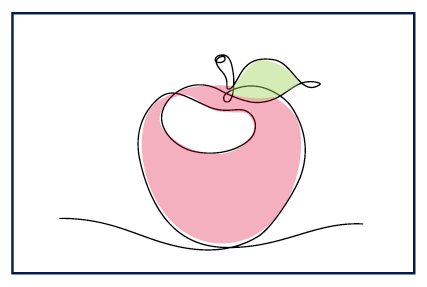 Practice lags behind policy in terms of supporting breastfeeding in women receiving medication-assisted treatment, particularly for Black women. Provider education on best practices and support for this population is necessary to improve outcomes. Research shows that breastfeeding decreases symptom severity, infant pharmacologic use and length of pharmacologic treatment.
Practice lags behind policy in terms of supporting breastfeeding in women receiving medication-assisted treatment, particularly for Black women. Provider education on best practices and support for this population is necessary to improve outcomes. Research shows that breastfeeding decreases symptom severity, infant pharmacologic use and length of pharmacologic treatment.
However, despite most pregnant women reporting plans to breastfeed, relatively few infants with neonatal opioid withdrawal syndrome are exclusively breastfed at hospital discharge postpartum. . Standardized policies, practices and support systems in caring for opioid-exposed infants – particularly care that focuses on family engagement and nonpharmacologic care – can reduce the likelihood of extensive inpatient stays and medication therapy.